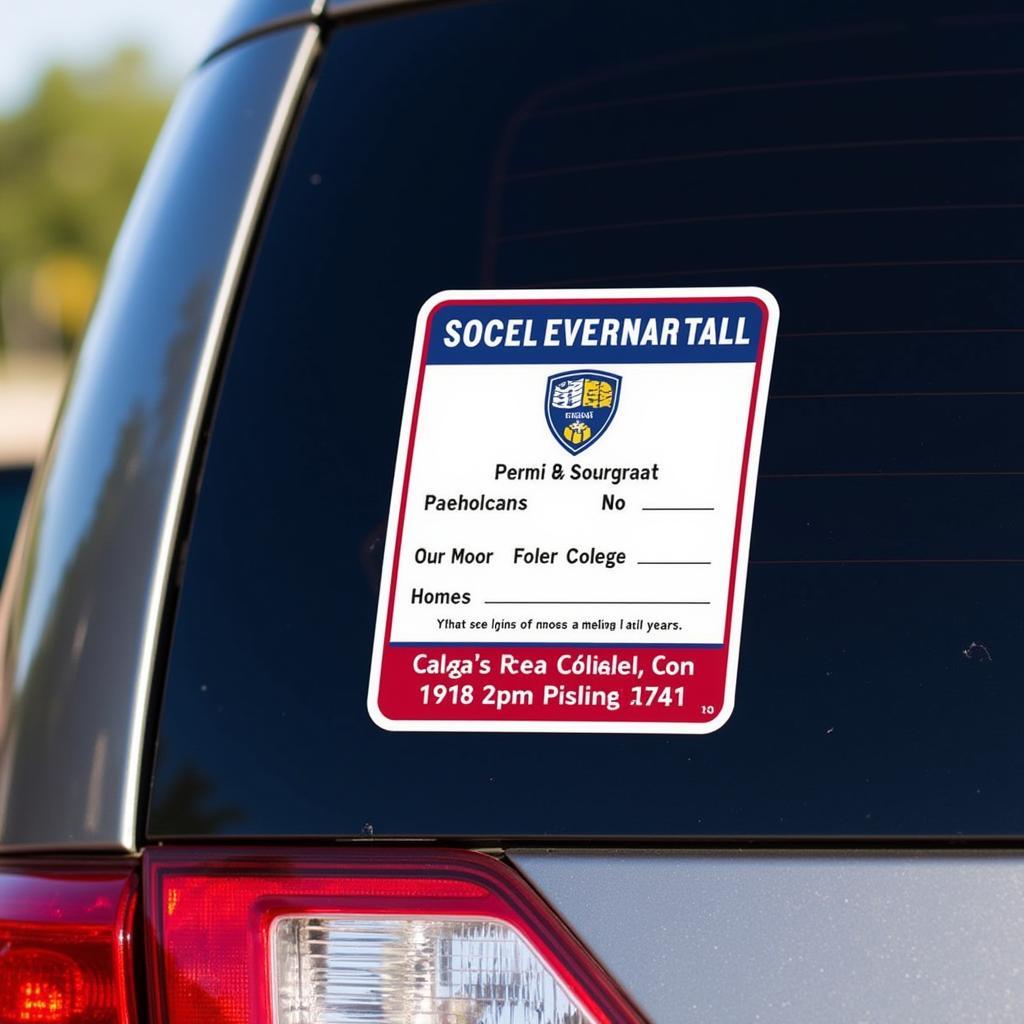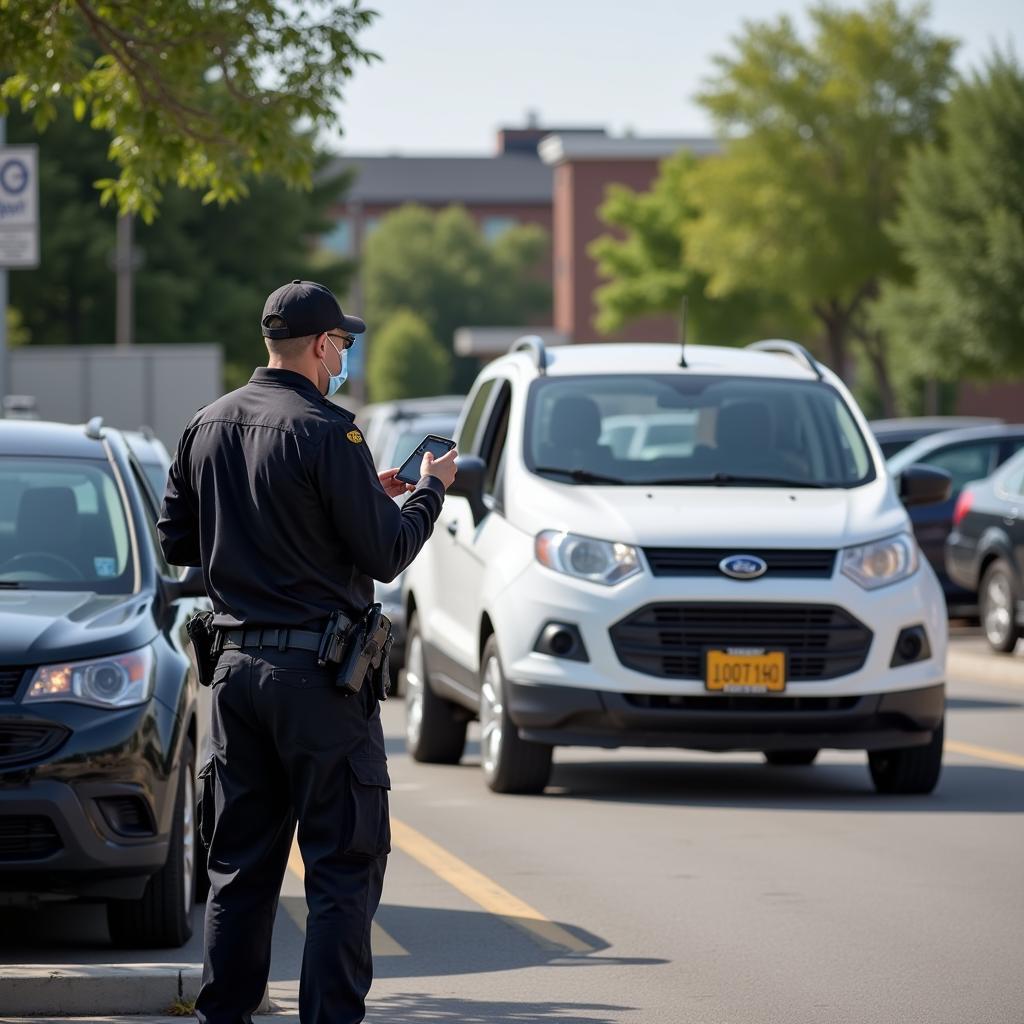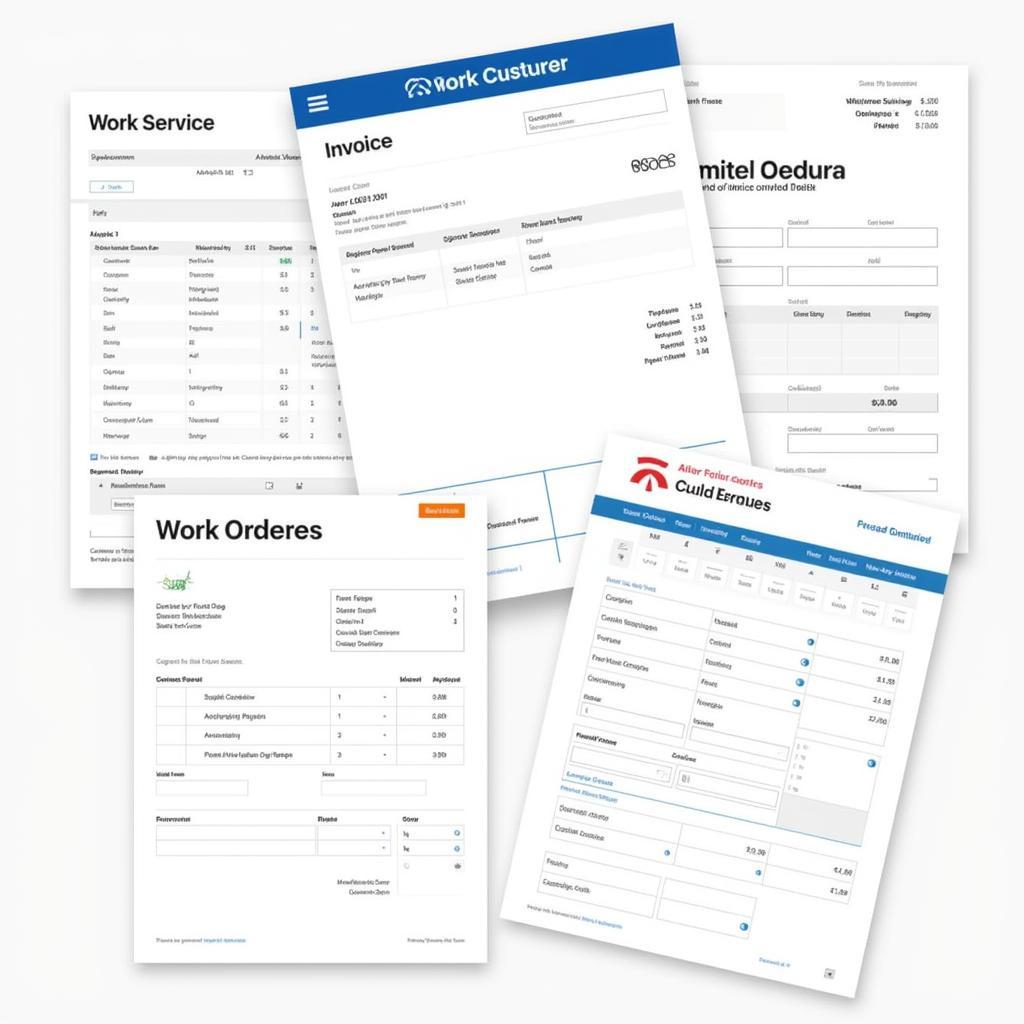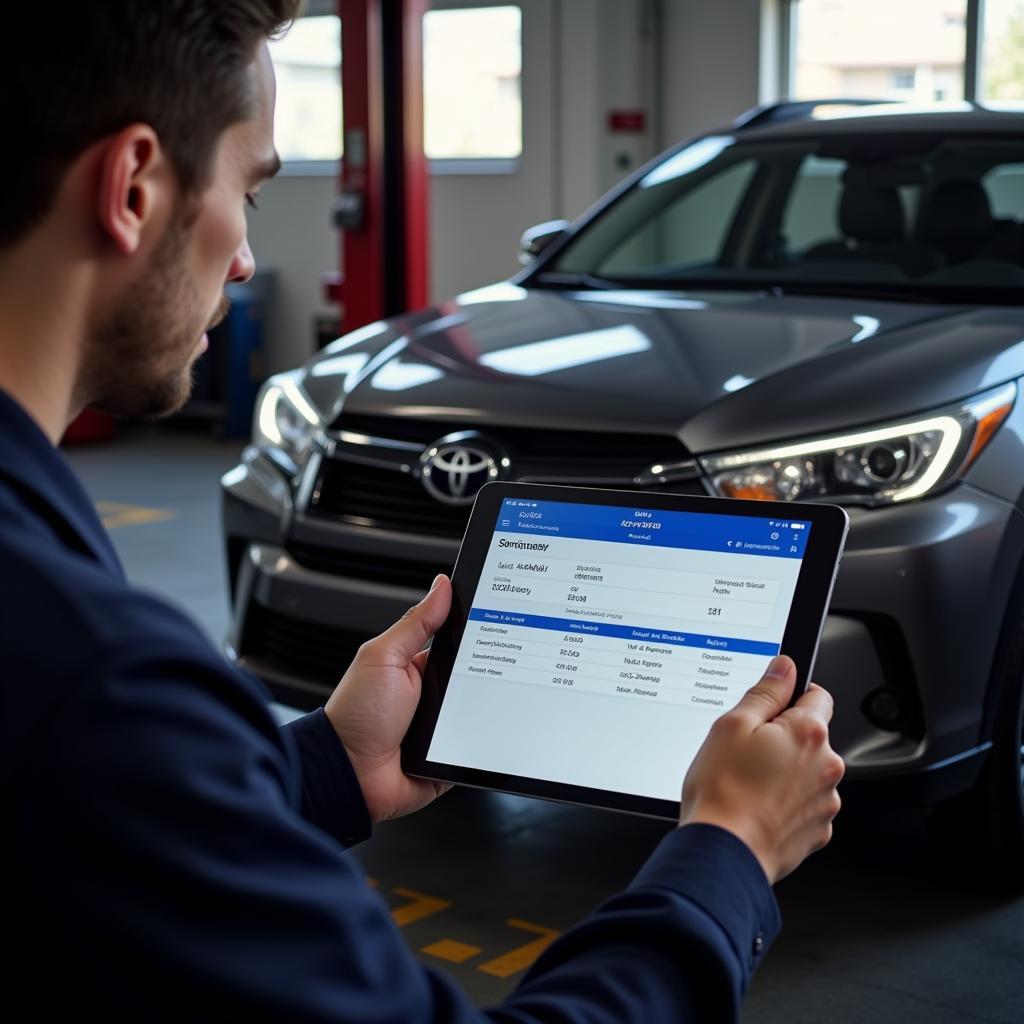How Do College Parking Services Know Your Car?
You’ve probably wondered, as you navigated the labyrinthine parking lots of your college campus, “How Do College Parking Services Know Your Car?” It’s a valid question. After all, with hundreds, sometimes thousands of cars coming and going, keeping track of parking permits seems like a Herculean task. The truth is, colleges employ a combination of technology and good old-fashioned observation to ensure that everyone parking on campus is authorized to do so. Let’s delve deeper into the methods they use.
The Role of Parking Permits
The most common method for identifying vehicles is through parking permits. These stickers, often brightly colored and adorned with the college logo, contain information that links the vehicle to its registered owner. This information can include:
- Permit Number: A unique identifier assigned to each permit.
- Vehicle Information: Make, model, year, and sometimes even the license plate number.
- Designated Parking Areas: Specific lots or zones where the vehicle is allowed to park.
 College Parking Permit Sticker
College Parking Permit Sticker
Technology in Parking Enforcement
While parking permits are essential, colleges are increasingly integrating technology to streamline parking management. Here are some of the technologies used:
- License Plate Recognition (LPR): LPR systems use cameras to capture license plate images and instantly compare them to a database of registered vehicles. This eliminates the need for physical permits and allows for efficient patrolling of large areas.
- Parking Apps and Online Portals: Many colleges utilize apps or online portals that allow students and faculty to register their vehicles, pay for parking permits, and even appeal citations.
- Parking Sensors: These sensors, embedded in the pavement, can detect whether a parking space is occupied and relay this information to a central system, providing real-time parking availability data.
 Parking Enforcement Officer with LPR Technology
Parking Enforcement Officer with LPR Technology
The Human Element: Parking Enforcement Officers
Technology plays a crucial role, but the human element remains essential in college parking enforcement. Parking enforcement officers patrol campus lots to:
- Visually Inspect Parking Permits: They ensure that permits are displayed correctly and haven’t expired or been tampered with.
- Issue Citations: If a vehicle is parked without a valid permit, in a restricted area, or has exceeded the time limit, officers issue citations.
- Respond to Parking Violations: They handle situations such as unauthorized vehicles blocking fire lanes or accessible parking spaces.
Common Questions About College Parking Services
Q: What happens if I lose my parking permit?
A: Report the lost permit to the parking services office immediately. They will typically issue a temporary permit and guide you through the process of obtaining a replacement.
Q: Can I use someone else’s parking permit?
A: No, parking permits are non-transferable. Using someone else’s permit can result in fines and other penalties.
Q: Can I appeal a parking citation?
A: Most colleges have an appeals process in place. You’ll typically need to submit a written appeal within a specified timeframe, providing evidence to support your claim.
Navigating College Parking with Ease
Understanding how college parking services operate can save you a lot of headaches (and potential fines!). Remember to register your vehicle, display your permit properly, and familiarize yourself with the specific parking regulations of your college. By adhering to the rules and utilizing the resources available to you, you can make parking on campus a breeze.

